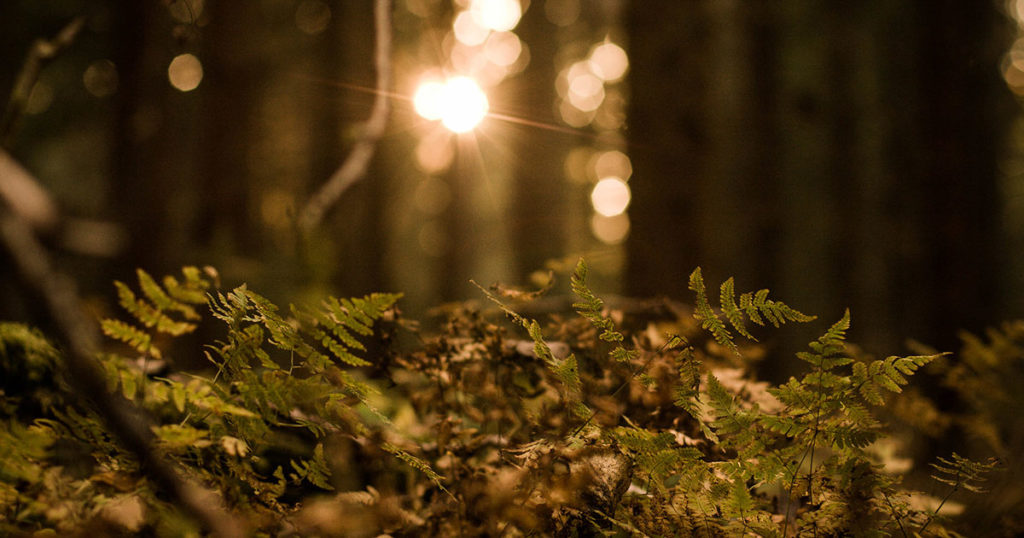
Sleep lingers all our lifetime about our eyes, as night hovers all day in the boughs of the fir-tree.
—Ralph Waldo Emerson, “Experience,” Essays: Second Series, 1844
Let her and Falsehood grapple; who ever knew Truth put to the worse, in a free and open encounter?
—John Milton, Areopagitica, 1644
To eat an oyster raw is to eat it alive. What does it hear as you prepare to slip its body down your throat? If you don’t bite into it, does it start to hear your heartbeat as it moves past your breastbone?
—Helen Sullivan, “An Oyster,” The Guardian, June 14, 2021
His Memory he had like a Scarf.
His Common Sense, like a buzzing of Bees.
His Imagination, like the Chime of a Set of Bells,
His Thoughts, like a Flight of Starlings.
—François Rabelais, Gargantua and Pantagruel, 1532–1534
‘No problem is insoluble given a big enough plastic bag.’
—Tom Stoppard, Jumpers, 1972
When the first public sundial arrived in Rome, a trophy of war expropriated from Sicily in the third century BCE and mounted in the Forum for all to see, some Romans cursed it. “The gods damn that man who first discovered the hours, and—yes—who first set up a sundial here, who’s smashed the day into bits,” wrote Plautus. “You know, when I was a boy, my stomach was the only sundial, by far the best and truest.” People have been complaining about clocks ever since.
—James Gleick, “The Toll of the Clock,” The New York Review of Books, September 23, 2021
“We must not always talk in the market-place of what happens to us in the forest.”
—Nathaniel Hawthorne, The Scarlet Letter, 1850
Sweet berries ripen in the wilderness;
And, in the isolation of the sky,
At evening, casual flocks of pigeons make
Ambiguous undulations as they sink,
Downward to darkness, on extended wings.
—Wallace Stevens, “Sunday Morning,” 1915
Wind Shifted about to the S.W. and blew hard accompanied with hard rain all last night, we are all wet bedding and Stores, haveing nothing to keep our Selves or Stores dry, our Lodge nearly worn out, and the pieces of Sales & tents So full of holes & rotten that they will not keep any thing dry … This is our present Situation! truly disagreeable.
—William Clark, November 28, 1805, encamped near the Pacific
From within the earth’s
bitter disgrace, coldness and barrenness
my friend the moon rises:
she is beautiful tonight, but when is she not beautiful?
—Louise Glück, “October,” 2004
What gives value to travel is fear.
—Albert Camus, Notebooks, 1935–1942
Their success and effectiveness also explains why they were treated as illegal or dangerous. Dangerous not because they always intended harm but because they worked. Better yet, they worked in ways that could not be controlled by the legal, social, and political centers of ancient society. … Here was power … in the hands of freely negotiating individuals.
—John G. Gager, Curse Tablets and Binding Spells from the Ancient World, 1992
As often happened at the end of a rainy day, the sun might cast a lurid gleam just before setting, and there, on the damp round table, her mushrooms would lie, very colorful, some bearing traces of extraneous vegetation—a grass blade sticking to a viscid fawn cap, or moss still clothing the bulbous base of a dark-stippled stem. And a tiny looper caterpillar would be there, too, measuring, like a child’s finger and thumb, the rim of the table, and every now and then stretching upward to grope, in vain, for the shrub from which it had been dislodged.
—Vladimir Nabokov, Speak, Memory, 1951
Fungi deviate from the usual dichotomy of plant and animal; fungi are the “third F”—what some call the “funga,” alongside flora and fauna. Their ways of living diverge significantly from other organisms; for example, some fungi make symbiotic connections with species in other kingdoms, while others produce a prodigious diversity of sexes. Some fungi may have a potentially unlimited life span, for they do not possess what scientists call “preprogrammed cell death”; that is, although they get older, they don’t, as we commonly understand it, “get old.” To acknowledge fungi’s seeming strangeness, according to animal and plant logics, can help us queer the field of biology, revealing a radically different view of life.
—Michael J. Hathaway, What a Mushroom Lives For: Matsutake and the Worlds They Make, 2022
G7 was a young bird, and his youth might have been his undoing; young Johnny rooks are especially curious, social, and brave, with many interests and few skills.
—Jonathan Meiburg, A Most Remarkable Creature, 2021
I think the next little bit of excitement is flying. I hope I am not too old to take it up seriously nor too stupid about machines to qualify as a commercial pilot. I do not feel like spending the rest of my life writing books that no one will read.
—Samuel Beckett, 1936
It is in very truth a sunny, misty, cloudy, dazzling, howling, omniform day, and I have been looking at as pretty a sight as a father’s eyes could well see—Hartley and little Derwent running in the green where the gusts blow most madly, both with their hair floating and tossing, a miniature of the agitated trees, below which they were playing, inebriate both with the pleasure …
—Samuel Taylor Coleridge, September 27, 1802
Now a man will eat his heart, if ever, now while the earth is bare. … It is too cold to-day to use a paddle; the water freezes on the handle and numbs my fingers.
—Henry David Thoreau, Journal, November 27, 1853

